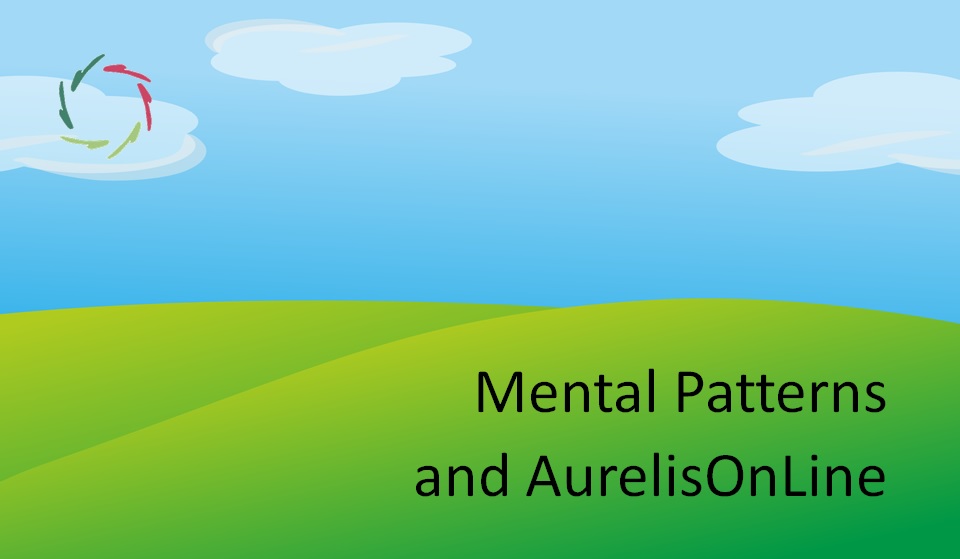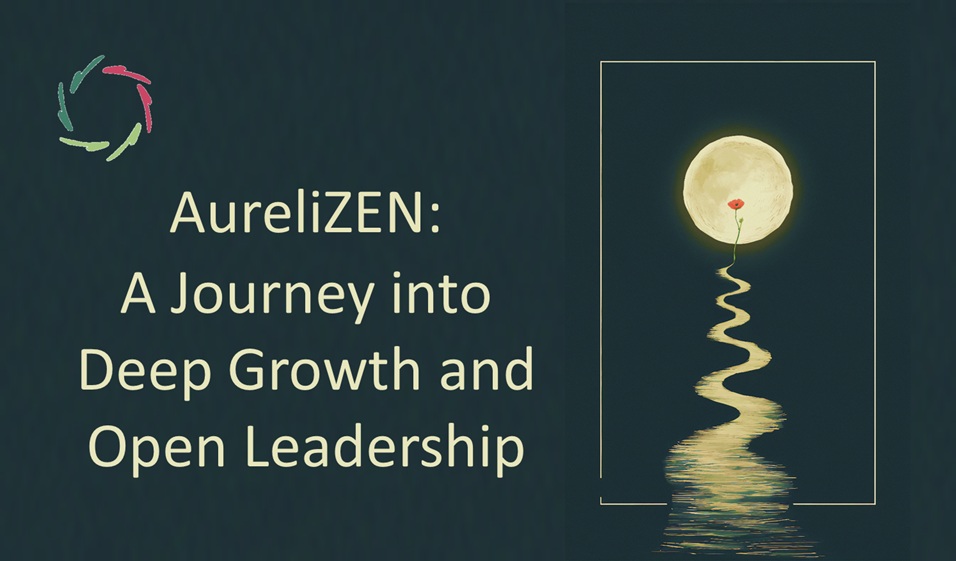Symbolism and Placebo

These two domains have lots in common. Rationality cuts through both, but in essentially different ways.
Power to the people
As a matter of fact, the ‘power’ of a symbol doesn’t lie in the physical symbol itself, just as the ‘power’ of a placebo doesn’t lie in the placebo itself. It lies in the person who is affected by it. Positing that the placebo holds/carries/provides the power is a lie. In the end, the placebo is just ‘sugar in a pill.’ Likewise, a symbol is just a ‘piece of wood’ or ‘golden calf.’
But the related power that people feel is genuine. That’s not a lie. Moreover, looking at what it can make people do, it is a very important power to many.
A better term for this ‘power’? Deep motivation (being at first place an ‘emotion’).
Depth
The active ingredient comes from very deep inside, as deeply as possible. A symbol without ‘depth’ is not a symbol at all. [see ‘Symbolism lost. Symbolism regained.’] So, in order to grasp symbolism, one needs to grasp depth, as in: “this deeply means very much to me.” There is just no getting around it.
One should never look at the surface as if there lies the essence.
Like waves at the surface of an ocean
They make up only a small part of the ocean. They are not downright the most important part, only the most visible one. This way, the surface waves are like the ‘ego’ of a person. They do not exist apart from the ocean… nor can this ocean exist apart from them.
Unfortunately, a person’s ego can easily forget that behind the symbol lies an ocean of deep meaning. This ocean is the person himself, in totality.
Symbol as placebo
As said before, symbol-related power comes from deep inside the symbolizer. Contrary to this and especially in absence of this, unproportionate importance can be instilled in the ‘correctness’ of the symbol, as if this is essence-related. Thus attaching to ‘correctness’ the ‘power of placebo.’ This is divisive. It’s how re-ligare sprouts to many religions fighting each other over ‘the correct correctness.’
What a pity.
Rationality in all this
I see rationality – that is: a striving towards as much of it as possible – as an end value. Not the ‘cold rationality’ that throws all poetry overboard, but one that goes all the way through: investigating everything, taking into account everything, whether it’s conceptual or sub-conceptual (‘poetic’ as a close approximation).
Now, taking rationality into full account, one can discern a difference between both domains:
- In symbolism, one can be very open and still it works. This is like telling someone that a poem is… a poem. It ‘works’ therefore just the same, possibly even better.
- In sugar-pill-placebo, one doesn’t get beyond ‘placebo-as-lie’. If one tells the truth, it doesn’t work anymore, even when called ‘open placebo’. Sugar just isn’t poetic.
Some borderly fuzziness exists in the exemplar of a primitive tribe where ‘rationalism’ is not an evident ingredient of local culture. A medicine man can administer what we would definitely see as pure placebo, yet he does it in a very poetic sense. It’s not a lie because (and if) he doesn’t know any better. In such case, I would call it a symbol. It may even be a very qualitative symbol.
Quality in symbolism / placebo
Here too lies a difference, related to the one above:
- The ‘quality of a symbol’ is a poetic one. It comes down to good poetry. Of course, that may take a LOT of effort and openness.
- The ‘quality of placebo’ paradoxically lies in transcending the placebo in the first place. There lies the domain of open suggestion, autosuggestion, AURELIS.
AURELIS = poetry + rationality
[see AURELIS USP]
In combining both, as said, placebo-as-lie is not part of the game. It seems to me very straightforward that this combination is the only way towards a durable future on many domains. A lot of what is not going OK at present, can be brought back to a lack of at least one of both.
AURELIS is an endeavor, fundamentally, to go all the way through in this.


